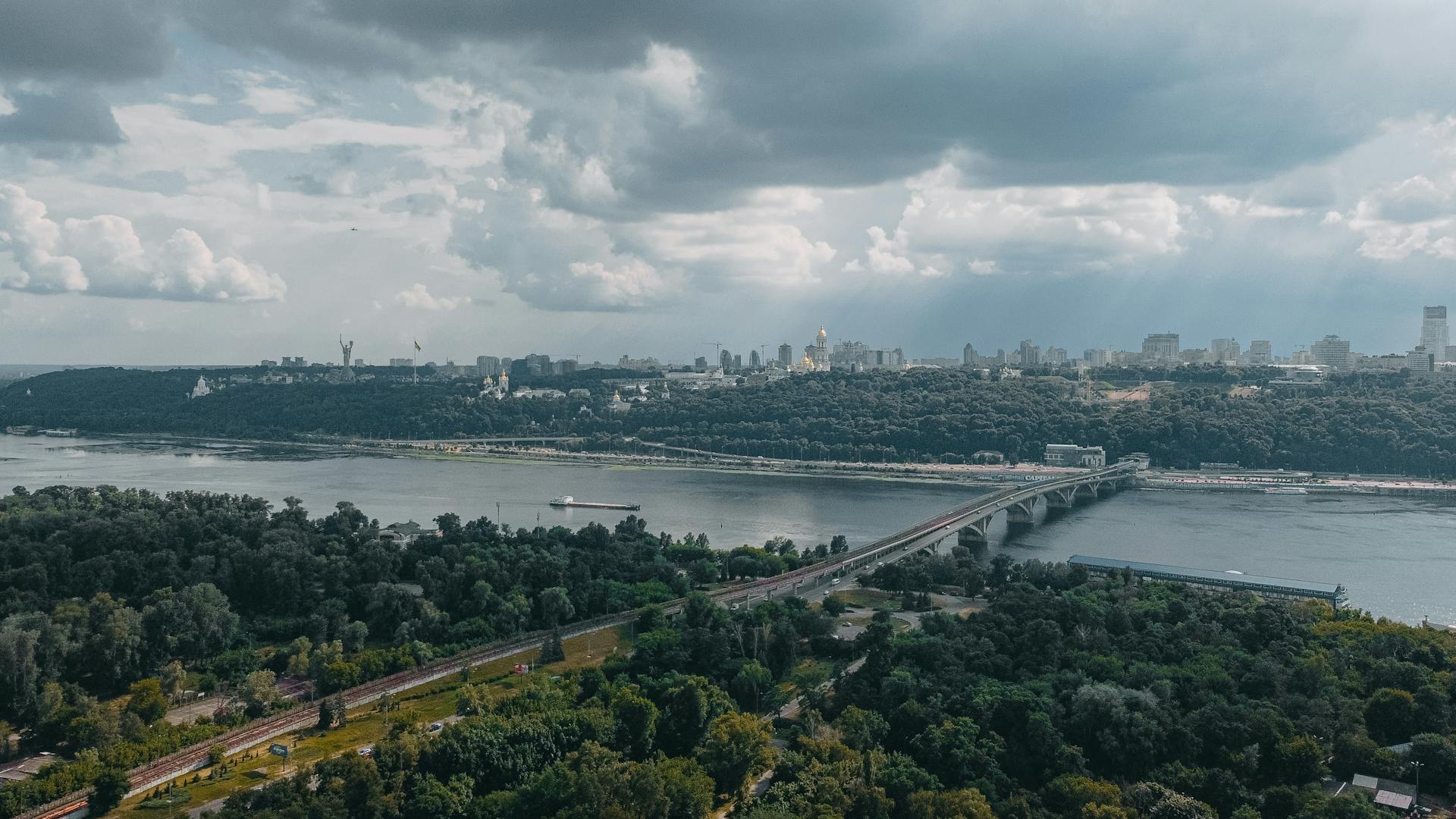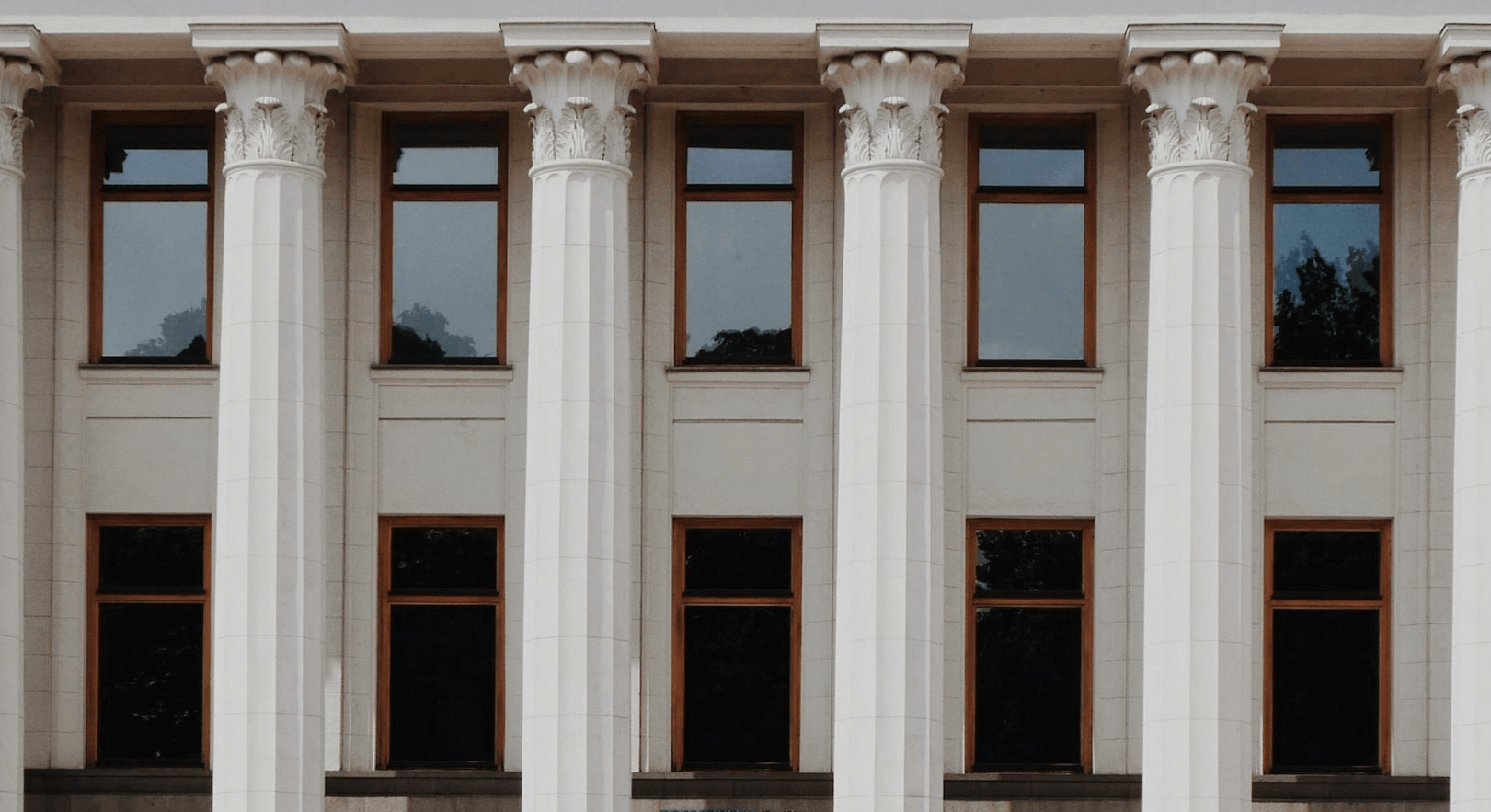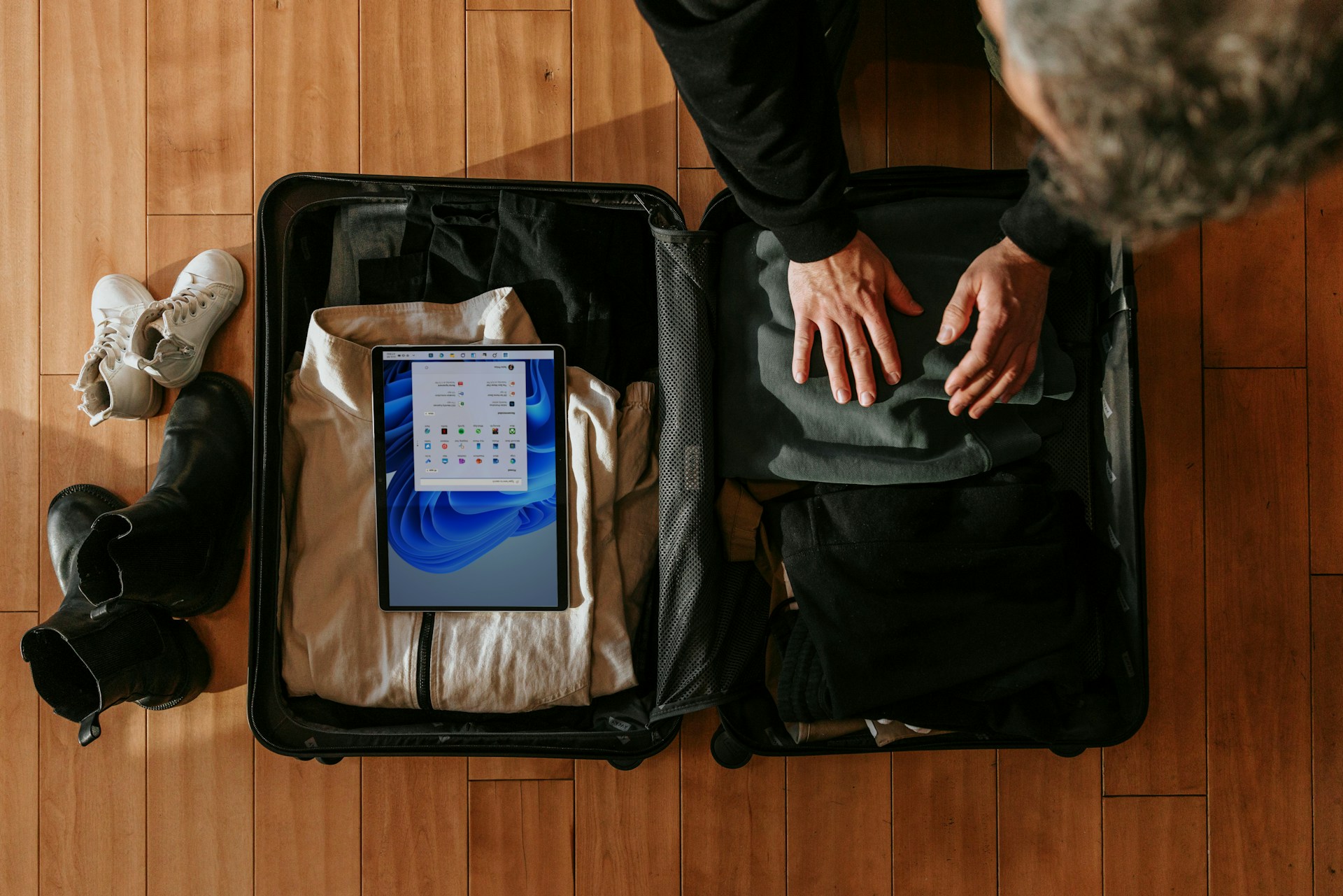The United States and Europe do not know how to read Vladimir Putin. He is, for the Western mind, a strange laboratory specimen, who grew up in the KGB world of conspiracy and repression of enemies who are everywhere.
We do not understand him and what he is really saying. Any positive remark, no matter how small, turns Putin into a budding man of peace. (I am reminded of hopes that Bashar Assad would become a reformer). After Putin exchanged a few words with Ukraine’s president-elect, Petro Poroshenko, and with Barack Obama and expressed his liking for an (unacceptable) type of peace dialog, John Kerry spoke optimistically of “the possibility of Russia helping to get the separatists to begin to put their guns away, get out of buildings and begin to build Ukraine.” (See the Reuters report.) A Secretary of State should not engage in wishful thinking out loud.
Putin uses unfamiliar code words like “federalism” that sound reasonable to the uninitiated, but in practice mean the end of Ukraine as a unitary state. The press ignores his wild propaganda flights of fancy of swarms of Ukrainian extremist neo-Nazi killers or his claims that there are no Russian mercenaries in east Ukraine. (See Putin’s June 6 press conference.) Putin’s D-Day handshake-discussion with Poroshenko sent the press into a frenzy of optimism. The two had agreed to talk! Peace must be around the corner. Europe breathed a sigh of relief: We don’t have to talk about sanctions that might hurt our own economies.
Petro Poroshenko took his oath of office on Saturday June 7 as Ukraine’s fifth president. He delivered his inaugural address to a parliament brimming with foreign dignitaries, assembled to counter Putin’s stubborn reluctance to recognize his legitimacy. Poroshenko’s address lay out, in blunt terms, his agenda for Ukraine and its path to peace. (See speech transcript.) He pulled no punches in refuting the Russian propaganda version of the EuroMaidan revolution and the events that followed – the Crimean annexation and Russia’s covert invasion of east Ukraine – and the illegitimacy of the Ukrainian government.
The day before (Friday, June 6) Putin met with Russian reporters to discuss his meetings with foreign leaders and with Poroshenko in France. (See press conference transcript.) In his press conference, Putin laid bare his views on the prospects for peace, Ukraine’s membership in the European Union, and the necessary “federalization” of Ukraine. Putin’s words were less blunt than Poroshenko’s except to those practiced in understanding Putin speak.
Poroshenkos’s inaugural address and Putin’s press conference capture the gargantuan differences in positions that must be ironed out between Ukraine and Russia before there can be the “calm” Ukraine that Putin professes to want on his border.
Here are the basic points of disagreement (the italics are those of the author):
Poroshenko: Ukraine must be part of Europe
Poroshenko’s conviction that Ukraine must be a part of Europe permeates his inaugural address. He calls for a New Ukraine with its “feet and heart in Ukraine and (its) head in Europe.” He complains that Ukraine has been deprived of its “natural European state” by the “dictatorship that ruled Ukraine in recent years.” But the “people rebelled and a “victorious Revolution of dignity has changed the government, the country, and the people. Ukraine’s choice of Europe – is the heart of our national ideal.” Poroshenko declares himself ready “with pen in hand” to sign the EU Association Agreement “as soon as possible” along with visa-free travel to Europe. (Do not underestimate the importance of visa free travel to Europe. Russia has been yearning for this right for years.)
In his pro-Europe remarks, Poroshenko directly warns Putin to stay out of Ukraine’s business: “Nobody has the right to veto the European choice of Ukraine.”
Putin: Russia must defend its interests if Ukraine joins Europe
In his June 6 press conference, Putin clearly spells out his opposition to the pending Association Agreement between Ukraine and the European Union: “I warned that we will be obliged to adopt measures to protect our own economy, our own market as soon as the agreement is signed and enters into force.” Among the losses that Putin predicts Ukraine would suffer are the five to six million Ukrainians who currently work in Russia (and are needed by Russia’s shrinking labor market). Moreover, Ukraine will lose its markets in Russia, without which it cannot survive.
Putin does not spell out what the military and subversive actions he is prepared to take to sabotage Ukraine’s entry into the European Union, but a number of analysts, myself included, agree that Ukraine’s move to join the European Union set off Putin’s overt invasion of Crimea and covert invasion of east Ukraine in the first place. (See my West’s Dangerous Misreading of Putin.) Putin will continue to do all that he can to keep Ukraine out of the European Union. He won’t stand by and watch it happen.
Poroshenko: Ukraine must continue the fight for its independence against its enemies
In his inaugural address, Poroshenko declares that Ukraine cannot cease its Anti Terror Operation (ATO) in Ukraine’s eastern provinces. He frankly warns that the Ukrainian people must be prepared to struggle for independence. “For a lasting peace, we must live in constant combat readiness. We have to keep our gunpowder dry (a pun on porokh, or gunpowder, which sounds like Poroshenko’s name) … Nobody will protect us until we learn to defend ourselves.” Poroshenko urges that Ukraine must devote the necessary resources to its defense and respect its soldiers and officers as heroes.
Poroshenko identifies Ukraine’s real enemy as the Russian mercenaries led by “the Strelkovs, the Abvery, and the Besy” (nomme de guerres of the east Ukraine commanders, who no longer conceal that they are Russians). Poroshenko assures the east that the enemy is not the innocent citizens of east Ukraine, who have been subjected to the “hospitality” of the Russian terrorists, who kill, torture, and destroy the economy.
Instead of threats, Poroshenko offers east Ukraine “work and decent salary (as) the first guarantee of internal peace and national security,” an economic development program to rejuvenate the heavy industry of the Donbass, and a “project on creation of jobs in the East of Ukraine elaborated jointly with our partners from the European Union.” In a united Ukraine, there will be no division “into right and wrong Ukrainians,” Poroshenko promises.
Poroshenko, in fact, is offering east Ukraine a choice of Europe or Russia and counting on them to opt for the “civilization” that Europe represents in contrast with the thievery, lack of rule of law, and arbitrariness of the life offered by Russia.
Poroshenko urges those “who illegally took weapons in their hands to lay them down.” They will be offered immunity as long as they do not “have blood of Ukrainian soldiers and civilians on their hands.” As for the Russian mercenaries, they can return to Russia via a controlled corridor. (Poroshenko may have been tempted to add – or in caskets in refrigerated ice cream trucks.)
Putin: Ukraine must stop its illegitimate and barbarous attacks on innocent separatists in order for peace negotiations to begin
In his press conference, Putin called for immediate cessation of Ukraine’s Anti Terrorist Operation against the citizens of east Ukraine, whom the Ukrainian Neo Nazi terrorists target for destruction. Per Putin: “Only then can negotiations begin. It is impossible to do otherwise.”
But, Putin claims, Russia has nothing to do with any of this. “Russia is not a party to this conflict.” Instead, the Ukrainian extremists backed by Kiev and the United States are to blame. Per Putin’s flight of fancy (which I cite in full): “You see, if, for example, the Right Sector (the shadowy NeoNazi organization that Russian propaganda claims controls Kiev) takes part in military action, remember this is an informal military formation, they bring in their own soldiers and execute regular soldiers of the Ukrainian forces without a judge or investigation because they refused to shoot on civilians, or, if seizing a hospital, they shoot wounded, can we really call these normal conditions for the start of negotiations?”
As of June 6, Putin was still sticking to his discredited propaganda despite the overlooked April 15 U.N. Human Rights Commission report that found the abuses in east Ukraine and Crimea were committed by the pro-Russian side. Putin cannot abandon his propaganda narrative. His invasion of Crimea and his covert military and political campaigns in east Ukraine have been under the guise of humanitarian assistance to protect Russian speakers from abuse. Putin’s government has even gone so far as to prepare war crimes charges against Ukrainian forces for seeking to drive out armed mercenary forces from sovereign Ukraine territory.
We cannot fault Putin for lack of imagination. An army is not allowed to engage in defensive actions on its own territory, but I forget: Ukraine has no legitimate government according to Putin.
Poroshenko: Ukraine is ready to negotiate with citizens of east Ukraine in a peaceful dialog on decentralization
In his inaugural address, Poroshenko invites the citizens of east Ukraineto engage in a peaceful dialog to create a new form of decentralized government – patterned after European democracy – that delegates significant powers from the center to local governments without altering Ukraine as a unitary state. Poroshenko argues that “early parliamentary elections are an important part of the public request for a full reset of government.” Included in the new decentralized Ukraine would be religious freedom and the right “to freely use the mother tongue.”
Poroshenko rules out discussions with the self-appointed leaders of the self-proclaimed People’s Republics of Donetsk and Luhansk, whom he calls “terrorists,” sent in by Russia and by deposed president Viktor Yanukovich to split Ukraine into pieces in the name of “federalization.”
Note that Poroshenko sees decentralization as vital to the transition of Ukraine to a European-style state in which the national government shares power and taxes with regional and local governments. He does not regard decentralization as a sop to the eastern provinces but as a necessary step in Ukraine’s development.
Notably, Putin’s narrative of a spontaneous uprising of pro-Russian separatists has fallen on hard times with the open admission that the self-appointed civil and military leaders of the self-proclaimed People’s Republic of Donetsk are Russian citizens from Moscow, who lack Ukrainian roots. Inquiring minds will ask: How is it that Muscovites are leading the Ukrainian separatist movement? Who are they and who invited them?
Putin: In any negotiation, the eastern provinces must be represented by federalists
In Putin’s press conference, he calls for a dialog “between the representatives of Kiev power (he still refuses to say “the government of Ukraine”) and representatives and supporters of eastern federalization.” He does not know how these discussions would be implemented and formulated, but this is the correct way. “I like it,” Putin says to a world hoping for a diplomatic solution.
Putin dismisses the pre-election “round tables” between supposed representatives of the east and presidential candidates. Putin grouses: “But they did not bother to invite representatives of the southeastern part of the country.” By this, he means the separatists he sent into the country himself.
Poroshenko is prepared to negotiate decentralization with representatives of citizens of east Ukraine. Putin demands negotiation with supporters of federalization of Ukraine. Putin’s top diplomat, Sergei Lavrov, explained the meaning of the term in a March 30 press conference (see his remarks): Federalization means the “control by regions of their economy, taxes, culture, language, education and external economic and cultural connections with neighboring countries or regions … Given the proportion of native Russians (in Ukraine), we propose this and we are sure there is no other way.”
In a word, Putin wants Ukraine to be partitioned into autonomous regions that can choose their own affiliations with neighboring countries, with a figurehead national government in Kiev. Putin insists that Poroshenko negotiate only with those few from the east – such as his self-appointed Russian leaders – who share his view. (Pollsshow overwhelming support, even in the east, for a unified Ukrainian state.)
Poroshenko: Crimea belongs to Ukraine
Poroshenko could not be more emphatic in his position that Russian occupied Crimea “was, is, and will be Ukrainian soil. Yesterday, in the course of the meeting in Normandy, I told this to President Putin – Crimea is Ukrainian soil. Period!
Putin: Crimea belongs to Russia. No need for further discussion
Putin’s June 6 press conference with Russian reporters made no mention of Crimea despite the G7’s June 4 condemnation of the “illegal annexation of Crimea” in violation of “Ukrainian and international law.” (See G7 Communiqué of June 4.)
For Putin, the Anschluss of Crimea is a fait accomplis that deserves no further commentary. The people of Crimea voted in a referendum to join Russia and the Russian parliament passed legislation accepting Crimea as a part of sovereign Russia. And besides, Crimea has always been a part of Russia (false).
Poroshenko’s inauguration signals that he is a new type of Ukrainian leader. He drove in his own car to St. Sophia’s Square without the usual cordoning off of traffic, stopped to talk with an honor guard who had fainted in the heat, and made a pun of his name in his speech. His stylish wife attended in a simple blue dress of Ukrainian design.
I cannot cite one instance where Putin has actually compromised or changed his position to accommodate Western or Ukrainian interests. He is an immovable object, and we might as well recognize this. Although lack of local support caused him to give up his goal of control of eight eastern provinces, he will continue to destabilize the two he does control (Donetsk and Luhansk). He fends off threatened sanctions with meaningless words, as Europe and the United States cling to this fig leaf. (He seems to have gained another month before the West considers sanctions again). He stubbornly refuses to recognize the Poroshenko administration. Crimea is already in his pocket, and he will not cease in his campaign to keep Ukraine out of the European Union. His federalization goal remains intact. If successful, it would spell the breakup of Ukraine as a unitary state. He denies backing the Russian mercenaries transiting unimpeded Russia’s own border. His position remains that he has nothing to do with the hostilities in east Ukraine. Only as a humanitarian citizen of the world is he interested in stopping the spilling of blood in east Ukraine.
As a successful businessman operating in a tough business climate, Poroshenko is accustomed to tough negotiations with obstinate partners. Whether he can stand up to Putin remains to be seen. Much depends on the cards he holds. If the West gives him the means for Ukraine to defend itself, he might just pull it off. Without that, he stands little chance.
Repost from Paul Gregory’s blog.
Застереження
The author doesn`t work for, consult to, own shares in or receive funding from any company or organization that would benefit from this article, and have no relevant affiliations



